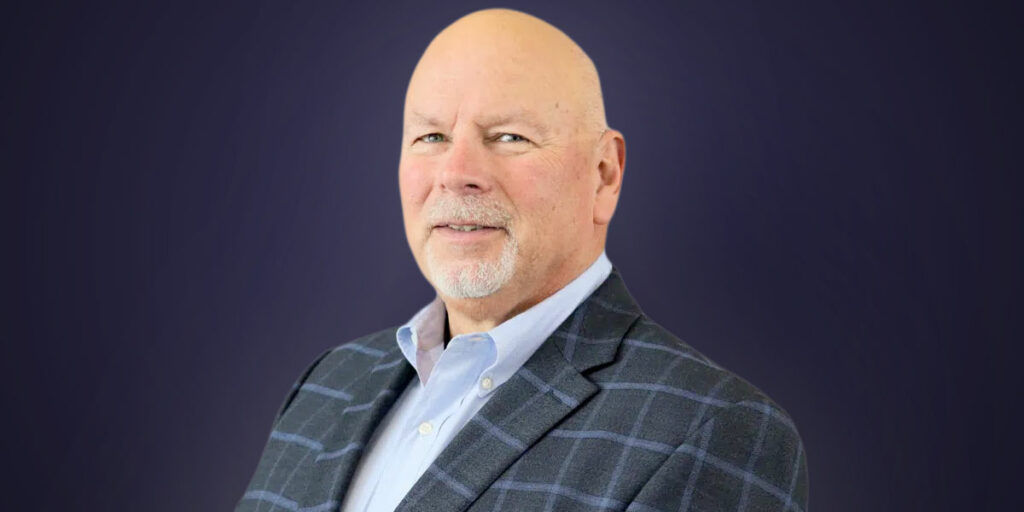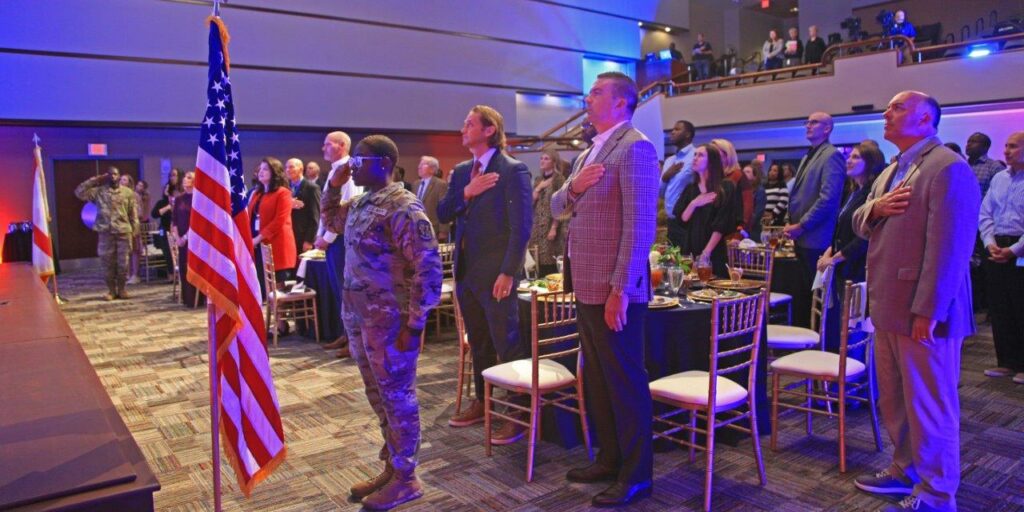Kayaking 650 miles on Alabama’s rambling rivers and rushing white waters isn’t for the fainthearted.
But the difficult journey – billed as “one of the toughest endurance events on the planet” – hasn’t fazed Martha Avila-Adame. Ten years after winning her battle against breast cancer, she is bringing that fighting spirit to the Great Alabama 650. The race propels competitors along the core section of the Alabama Scenic River Trail. Since Saturday, Sept. 18, Avila-Adame – one of four solo women taking part in this year’s race – has held her own.
Avila-Adame is still in the race as three kayaks finished today. Paul Cox and Joe Mann won first place, passing the finish line at 7:49 a.m. Kayaking team Rod Price and Bobby Johnson, along with renowned women’s competitor Sally O’Donnell, neared the end of the journey as of noon on Sept. 23.
Martha Avila-Adame’s husband of 11 years, Adan, admitted that few things can sway Martha from doing what she wants to do. A Latino American who resides in Victoria, Texas, Avila-Adame is used to hard work. She has much to show for her five, well-lived decades: A nurse practitioner working in a community clinic in a town of about 63,000 residents, Avila-Adame handles run-of-the mill medical needs and emergencies, always doing her best to help others.
After defeating cancer, this river warrior found that Alabama’s recent unrelenting rains and rushing white water are “a piece of cake.” Indeed, she is more concerned about waves caused by recreational boats, which she rarely experiences while paddling on the Guadalupe River about 30 miles from her home.
“I’m new compared to the other racers,” Avila-Adame said. “I’ve been doing this for six or seven years. I picked up the sport after receiving treatment for breast cancer. I decided to get into living and doing things.”
Proving to be a fierce competitor, Avila-Adame “hung with the pack” as she paddled down north Alabama waterways. From white water to the ambling river delta – ending at Fort Morgan in Mobile Bay – the race is a challenge for the most-experienced paddlers. The 10-day race ends on Tuesday, Sept. 28.
For this Texan, the biggest difference in paddling on Alabama waterways is the boat traffic: “The boats make waves and can make the canoes off balance,” Avila-Adame said.
This year’s contestants for what is known as the longest annual water race in the world include two recent Guinness World Record-holders. Other kayakers include Chuck Scheidt, Jennifer Fratzke, Jim Lewey, West Hansen, Dan Voss, Mirko Pruefer, Cyndi Wilsdora, and team kayakers Joe Deutsch and Julie Ardoin.
The competitive spirit
As someone who has always stayed fit and trim, Avila-Adame enjoys exercise: “The day I learned I had cancer, I was on my way to the gym,” said the kayaker who studied nursing at Texas A&M University at Corpus Christi. “I was in very good shape.”
Her breast cancer diagnosis in 2015 was a shock. She had no family history of the disease and had lived a healthy lifestyle.
Despite losing a lateral muscle in her back to reconstructive surgery, her competitive spirit didn’t wane. With her husband’s encouragement, she refused to be sidelined by breast cancer and earned a black belt in taekwondo.
To get stronger, Avila-Adame earned a certificate to teach aerobics, and was soon teaching up to 12 classes a week. One day, a friend in her aerobics class mentioned long-distance paddling.
Avila-Adame replied, “There’s a race I’ve always wanted to do.” Despite never dipping a paddle in water before, she began training to compete in the Texas Water Safari, known as “the world’s toughest canoe race.”
Paddling in an Alumacraft canoe, she competed in the 260-mile race along the San Marcos River that ends in Seadrift Bay in southeast Texas. Avila-Adame discovered a love of canoeing while paddling 232 miles. Unfortunately, her canoe capsized while she traveled some rapids, and it took about three hours for her to recover. The rudder line on the canoe was nearly severed, and she had to repair the line before paddling farther. Later, she endured about six hours of fog and thunderstorms.
Despite those obstacles, Avila-Adame qualified for the Great 650.
“When you paddle, you’re one with nature, you’re in the river, seeing all the pretty scenery,” she said. “I love it.”
Since regaining her health, Avila-Adame has kept a positive mindset and refused to dwell on the past. She rarely discusses her cancer treatment or surgeries. However, if Avila-Adame has patients who are dealing with breast cancer, she shares her strategies for staying as healthy as possible.
Racing to Mobile Bay
To keep her energy high during a race, Avila-Adame drinks water with electrolytes and fortified liquid shakes. Her husband meets her at all portages and stops in between. At rest stops, she eats nut bars and protein bars. Adan Adame keeps up with her progress.
“I get her to drink more fluids and get calories in,” her husband said.
Initially, Adame thought that Martha should train for a year or two before competing in a grueling 650-mile race. He was more concerned about her health.
“I was on board with her doing this, she was determined,” he said, with a chuckle. “I didn’t want to sit and watch her from the computer monitor. I knew I could be a part of it – or not – because she was going to do it. Once she puts her mind to it, she gets it done.”
The Alabama race has become an adventure for both of them.
“Martha has moved on to a new chapter,” Adame said. “She is living each day to the most that she can.”
(Courtesy of Alabama NewsCenter)













